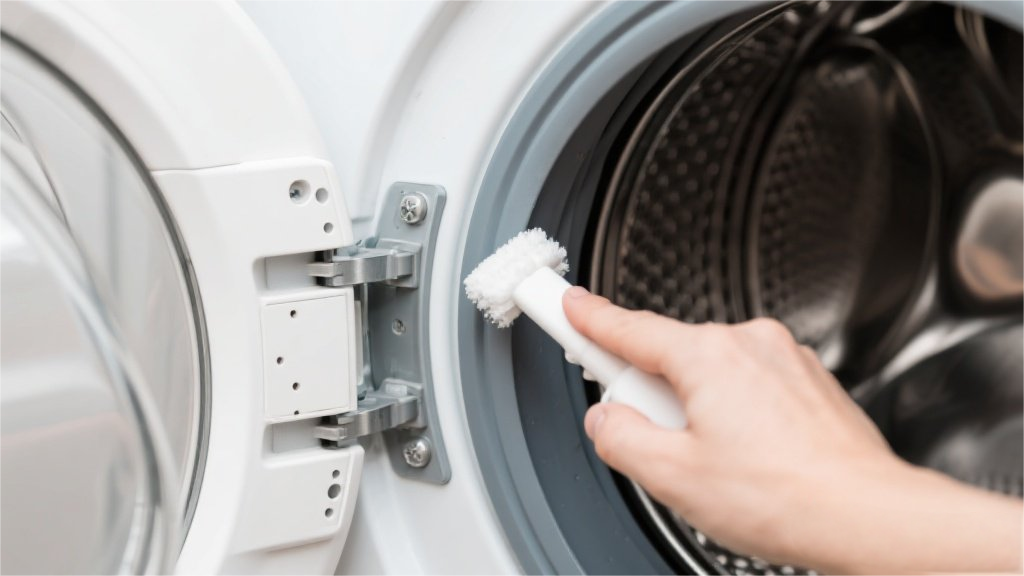Ever polished off a giant bowl of spaghetti and felt like your eyelids suddenly weighed a thousand pounds? Turns out, that carb-induced coma isn't just in your head—it's science. While we often hear about carbs as quick energy boosters, they can also moonlight as nature's sleep aid when timed right. According to sleep specialist Dr. Rizwana Sultana, loading up on carbs at night might actually help you drift off faster than counting sheep.
The Carb-Sleep Connection: Why Pasta Makes You Pass Out
Here's the deal: carbs trigger a cascade of sleepy-time biochemistry. When you eat starchy foods, your body breaks them down into glucose, which spikes your blood sugar. That surge signals your pancreas to release insulin, which then helps tryptophan (an amino acid found in carb-heavy meals) cross the blood-brain barrier. Once in your brain, tryptophan converts to serotonin and eventually melatonin—the literal "lights out" hormone. It's like your plate of fettuccine Alfredo comes with a side of natural Ambien. But timing matters—this effect is strongest when you eat carbs close to bedtime, not at 3 PM when you're supposed to be productive.
Not All Carbs Are Created Equal (For Sleep)
Before you start mainlining garlic bread every night, know this: refined carbs (white pasta, sugary snacks) work faster but can lead to groggy mornings. Complex carbs—think whole grains, sweet potatoes, or brown rice—release glucose more slowly, providing steadier sleep support without the crash. A 2020 study in the American Journal of Clinical Nutrition found that people who ate whole-grain meals at night fell asleep 15 minutes faster than those eating refined grains. Bonus: these fiber-rich options also keep midnight hunger pangs at bay, so you're less likely to wake up rummaging for leftovers.
The Protein Paradox: Why Adding Cheese Helps
Here's where it gets interesting. While carbs alone can make you drowsy, pairing them with a bit of protein (like cottage cheese or turkey) amplifies the effect. Protein contains more tryptophan than carbs do, but without insulin's help from carbs, it struggles to reach your brain. That's why grandma's mac and cheese hits different than a plain baked potato—the combo delivers a one-two punch of sleep-inducing nutrients. Just keep protein portions modest; too much can have the opposite effect by overstimulating digestion when you're trying to wind down.
Timing Your Carb-Load Like a Sleep Pro
The sweet spot? Aim to eat your carb-heavy meal 3-4 hours before bed. This gives your body time to start the metabolic process without leaving you stuffed or dealing with indigestion. Nighttime athletes take note: research shows carb-loading at dinner improves sleep quality more than spreading carbs evenly throughout the day. And if you're prone to acid reflux, avoid lying down immediately after eating—propping yourself up for 30 minutes can prevent heartburn from sabotaging your slumber.
So next time someone judges your 9 PM pancake habit, tell them you're just optimizing your sleep hygiene. With the right carbs at the right time, you can turn dinner into the ultimate power-down ritual—no melatonin gummies required.
























